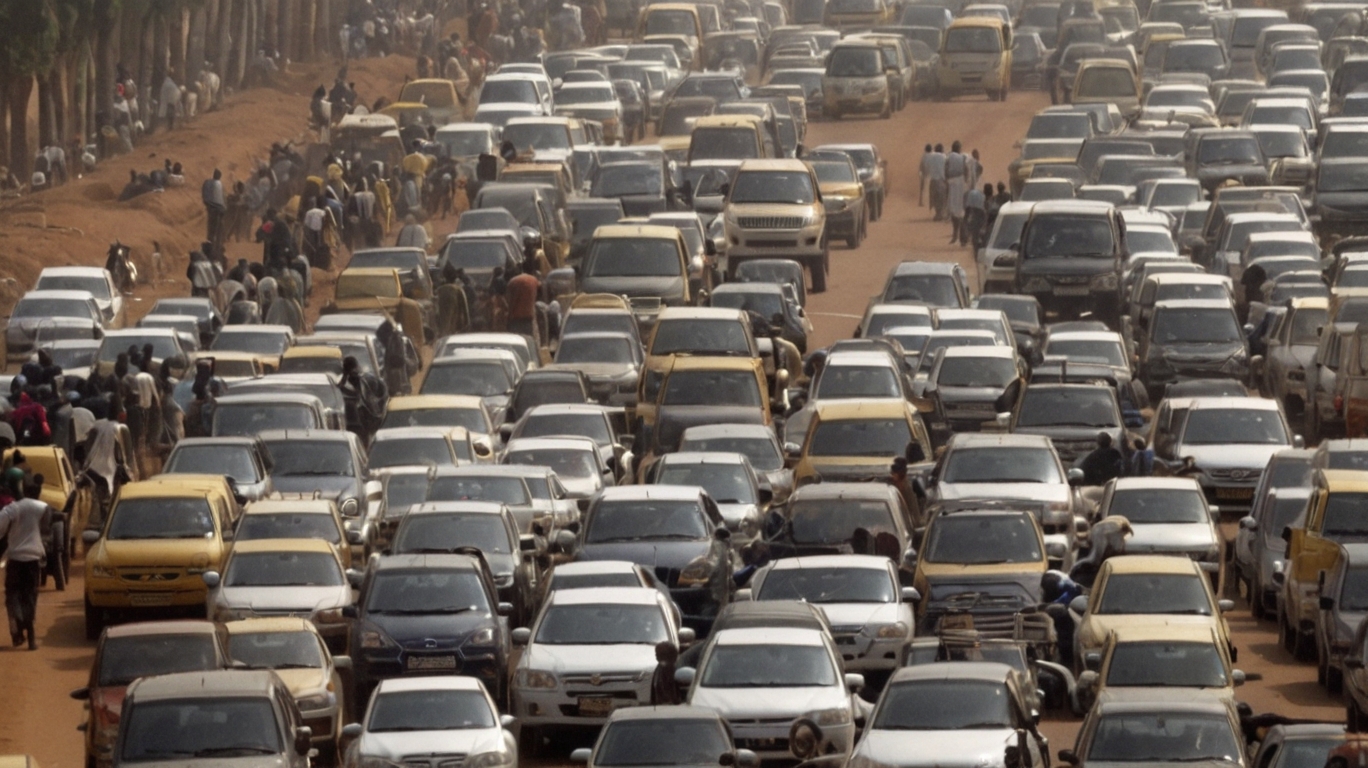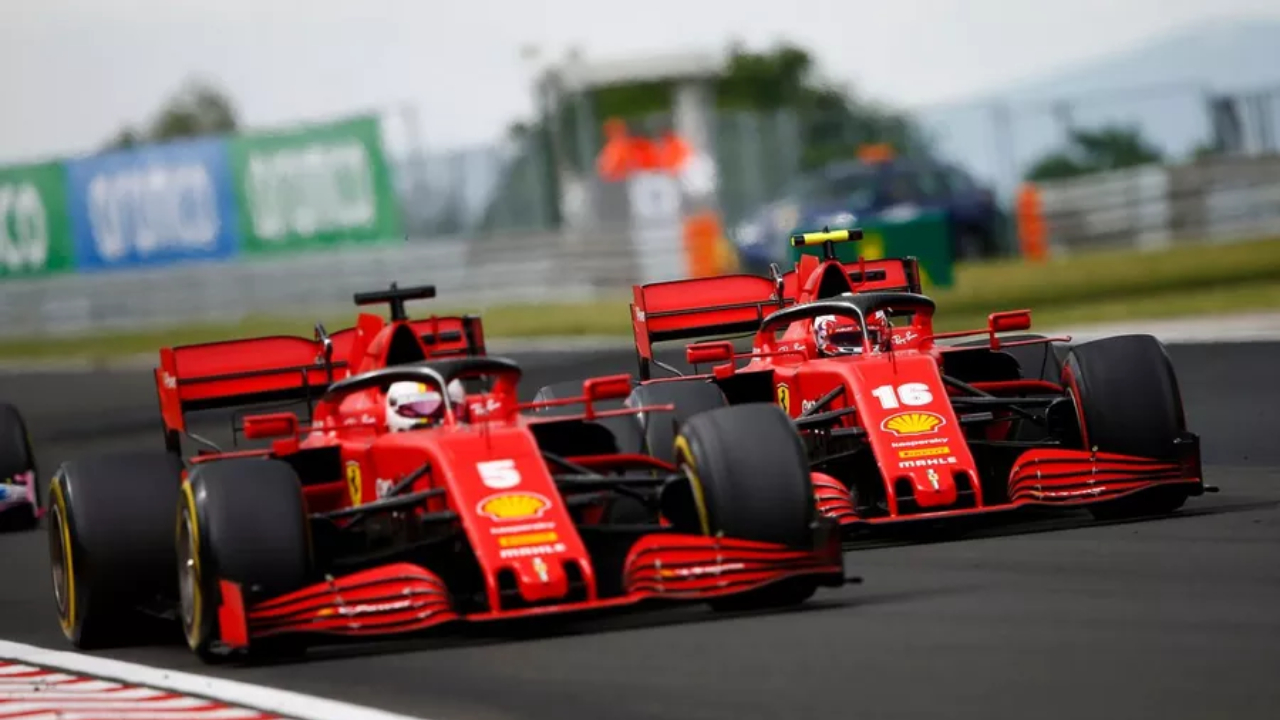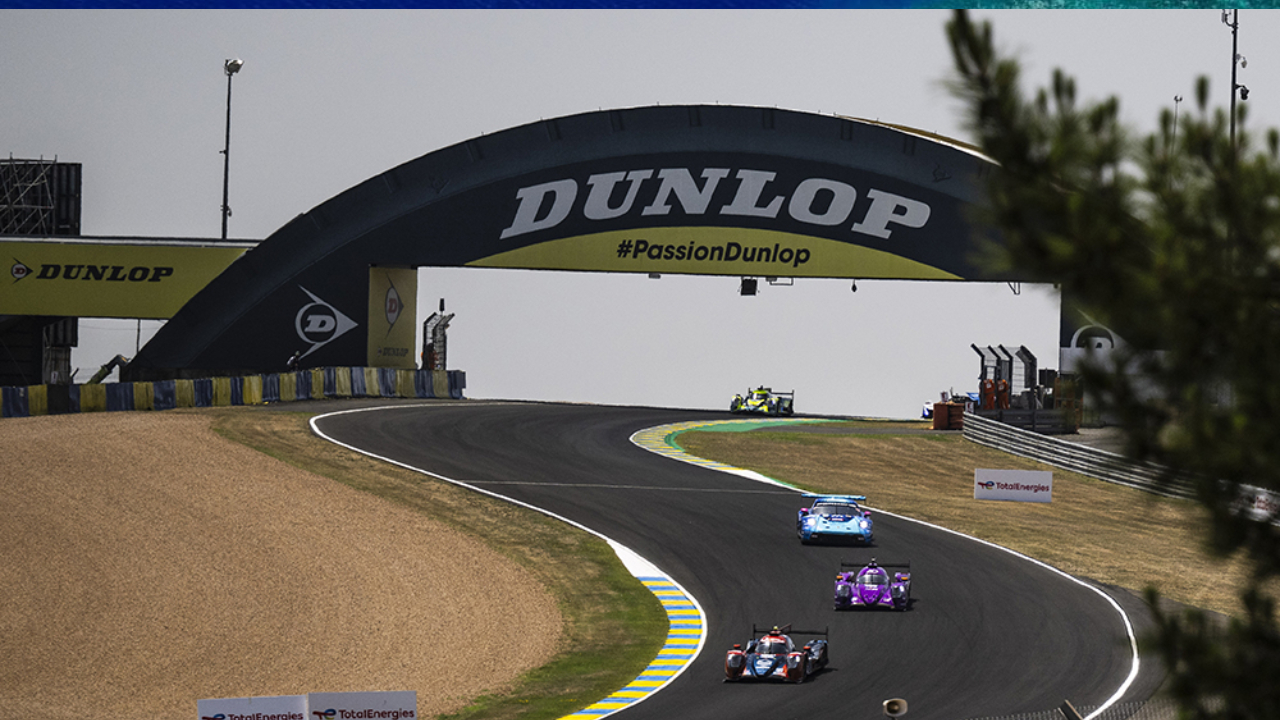Why Africa Has One of the Highest Traffic Death Rates
Bukemersanacokyakisir – Driving across Africa is less like a commute and more like an adventure novel complete with unexpected plot twists. Unfortunately, unlike in novels, the endings are not always pleasant. With some of the highest traffic death rates in the world, Africa’s roads remind us daily that infrastructure and safety don’t always go hand in hand. Ironically, each pothole, unmarked bend, and missing traffic light feels like a character in this tragic story.
“Also read: The Science of a Good Morning Routine, Unlocking Your Day’s Magic“
Potholes as Permanent Landmarks
In some countries, potholes are seasonal inconveniences. In Africa, however, they are practically heritage sites passed down from one government administration to the next. Drivers often joke that they don’t need maps; they just need to remember where the craters are. The irony? Instead of repairing them, many communities simply adapt, as if dodging a pothole at 80 km/h is a cultural tradition.
Vehicles That Belong in Museums
Africa’s roads are often graced by vehicles that would be in glass cases anywhere else. Here, they’re still rolling, sometimes missing mirrors, headlights, or entire doors. The irony is almost poetic machines designed for transport often become moving hazards themselves. Yet, people keep them alive with remarkable ingenuity, patching engines together with whatever they can find.
Rules Exist But Only on Paper
Traffic laws in many African nations look excellent in official documents. Speed limits, seatbelt rules, and drunk-driving penalties are written with admirable precision. The twist? Enforcement is often optional, and in some cases, completely absent. It’s as though the laws were written as bedtime stories comforting on paper, ignored in reality.
The Human Factor Nobody Wants to Admit
Another bitter irony is that drivers themselves often fuel the problem. From overloading buses like circus acts to treating road signs as friendly suggestions, human behavior plays a starring role. Pedestrians, too, dart across highways with confidence that defies logic. One can only marvel at the audacity, though the outcome is often heartbreaking.
Emergency Response: Help on Holiday
In many regions, ambulances are as rare as unicorns. When accidents occur, victims often rely on fellow motorists or bystanders for rescue. Ironically, the same traffic chaos that causes accidents also delays emergency help. Lives are lost not just because of the crashes, but because aid arrives too late if it arrives at all.
“Read more: Visual Drone Assistant for Videographers“
The Global Comparison Nobody Wants
When stacked against developed nations, the contrast is almost laughable. Countries with fewer resources somehow manage better road safety records. Africa, rich in culture and potential, paradoxically remains poor in traffic safety. The irony cuts deeper when we remember that these deaths are preventable, yet prevention is not prioritized.
Can Change Ever Be More Than a Promise?
Governments frequently announce road safety campaigns with flashy posters and bold slogans. Yet, the roads remain dangerous, as if the campaigns themselves are more symbolic than practical. The ultimate irony lies in the possibility that Africa doesn’t lack solutions it lacks the will to enforce them. And so, the question lingers: will the story of Africa’s roads ever change its ending?



